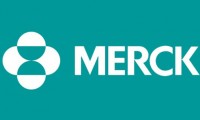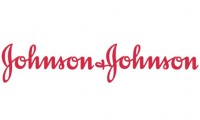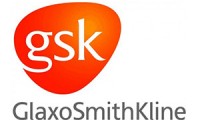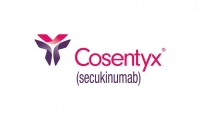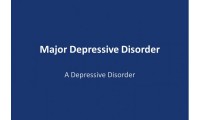-
Johnson & Johnson Reports 2017 Fourth-Quarter Results
- Source: Johnson & Johnson
- 738
- February 17, 2018
-
Medical device product development– 7 pitfalls you need to avoid
- Source: medicaldesignandoutsourcing
- 859
- February 14, 2018
-
EKGs May Determine Major Depression or Bipolar Disorder
- Source: bphope
- 987
- February 14, 2018
-
Could AI One Day Detect the Flu…Before You Even Feel Sick?
- Source: smithsonianmag
- 972
- February 14, 2018
-
Novartis receives FDA approval for Cosentyx® label update to include moderate to severe scalp psoriasis
- Source: pharma.us.novartis
- 916
- February 13, 2018
-
Global Investors Back Rani Therapeutics With $53 Million As Company Moves To Clinical Trials
- Source: Prnewswire;
- 914
- February 13, 2018
-
Abbott supports Angle’s breast cancer liquid biopsy study
- Source: invitrodiagnostics.medicaldevices-business-review
- 913
- February 13, 2018
-
Sage Therapeutics Receives FDA Breakthrough Therapy Designation for SAGE-217 for the Treatment of Major Depressive Disorder
- Source: finance.yahoo
- 1,032
- February 12, 2018
your submission has already been received.
OK
Subscribe
Please enter a valid Email address!
Submit
The most relevant industry news & insight will be sent to you every two weeks.

